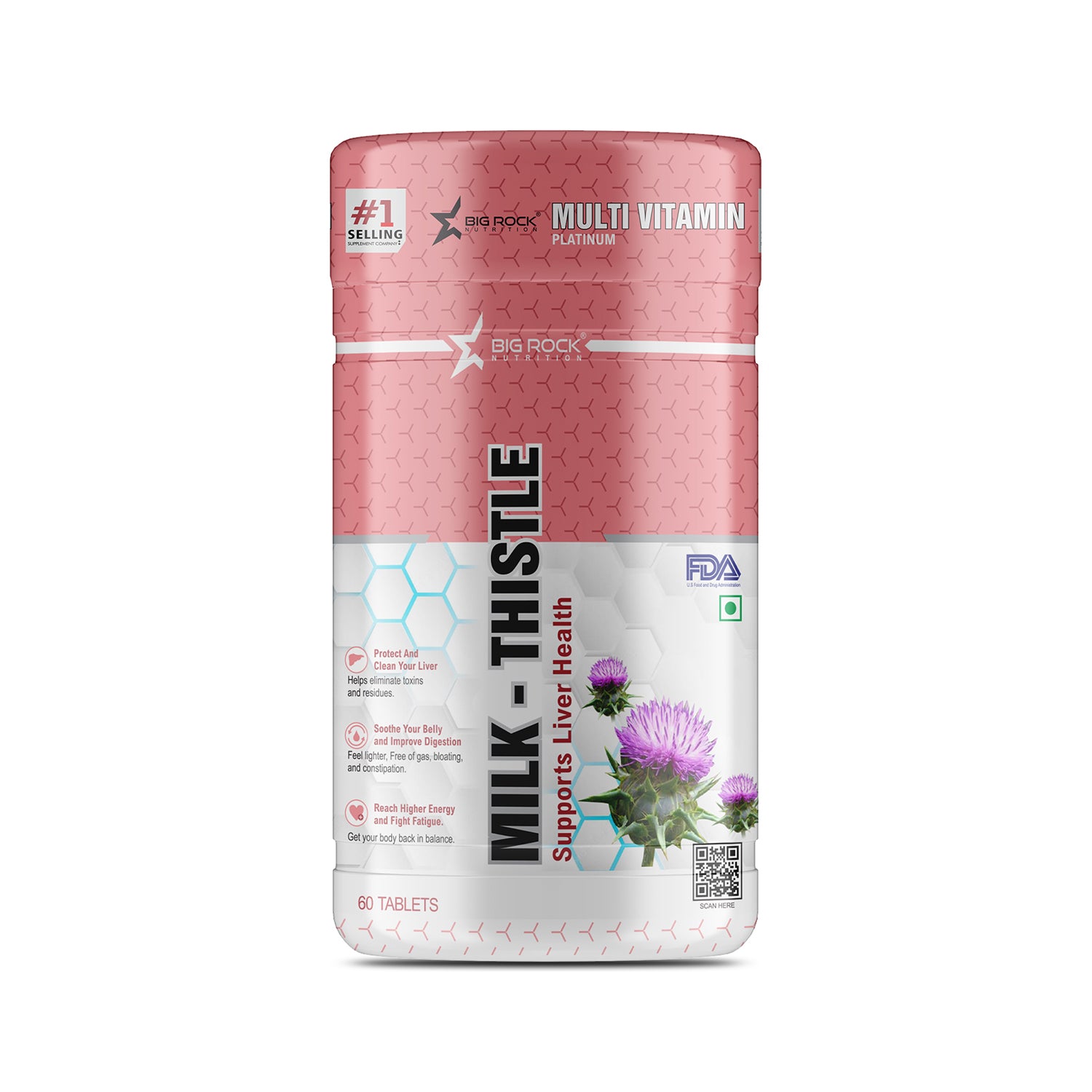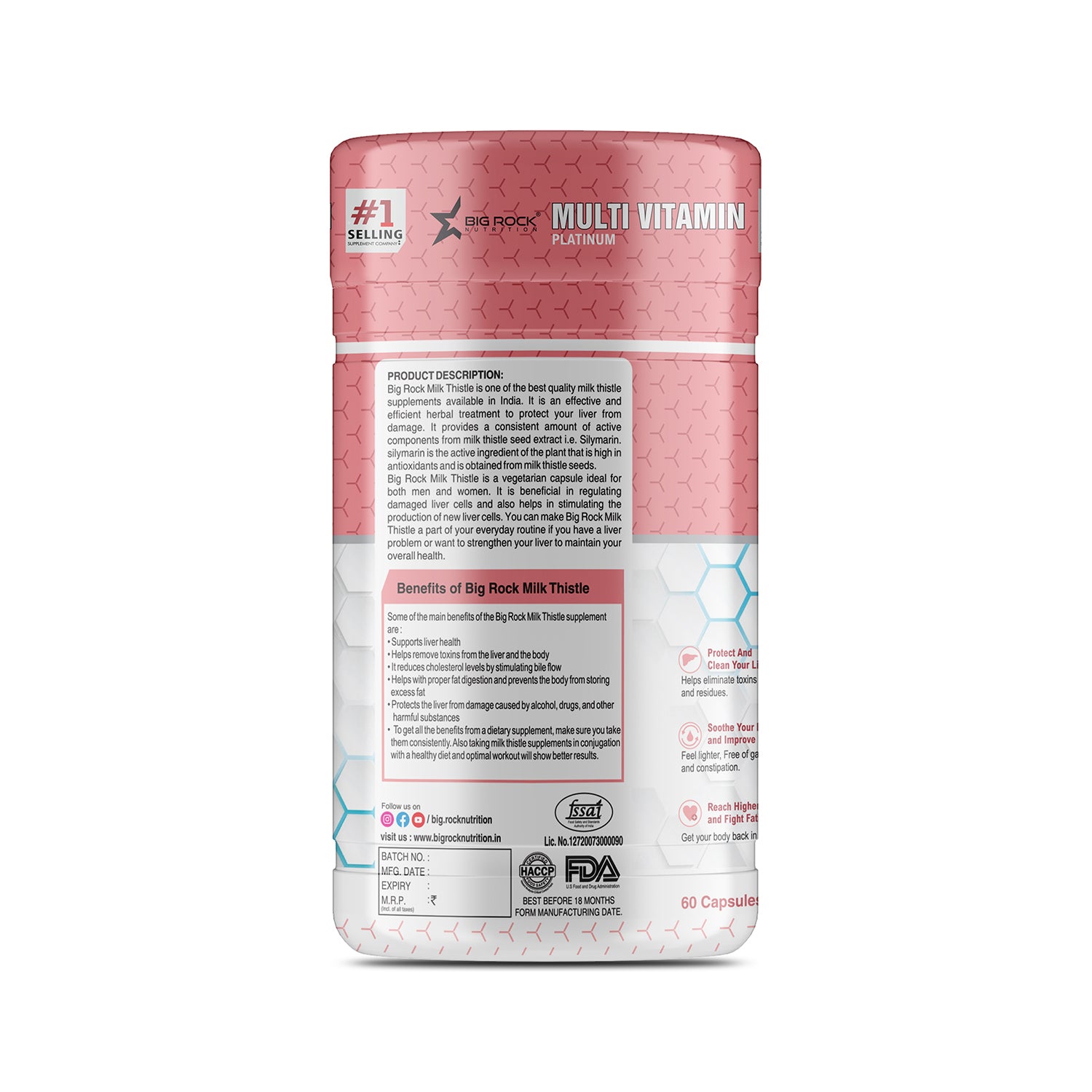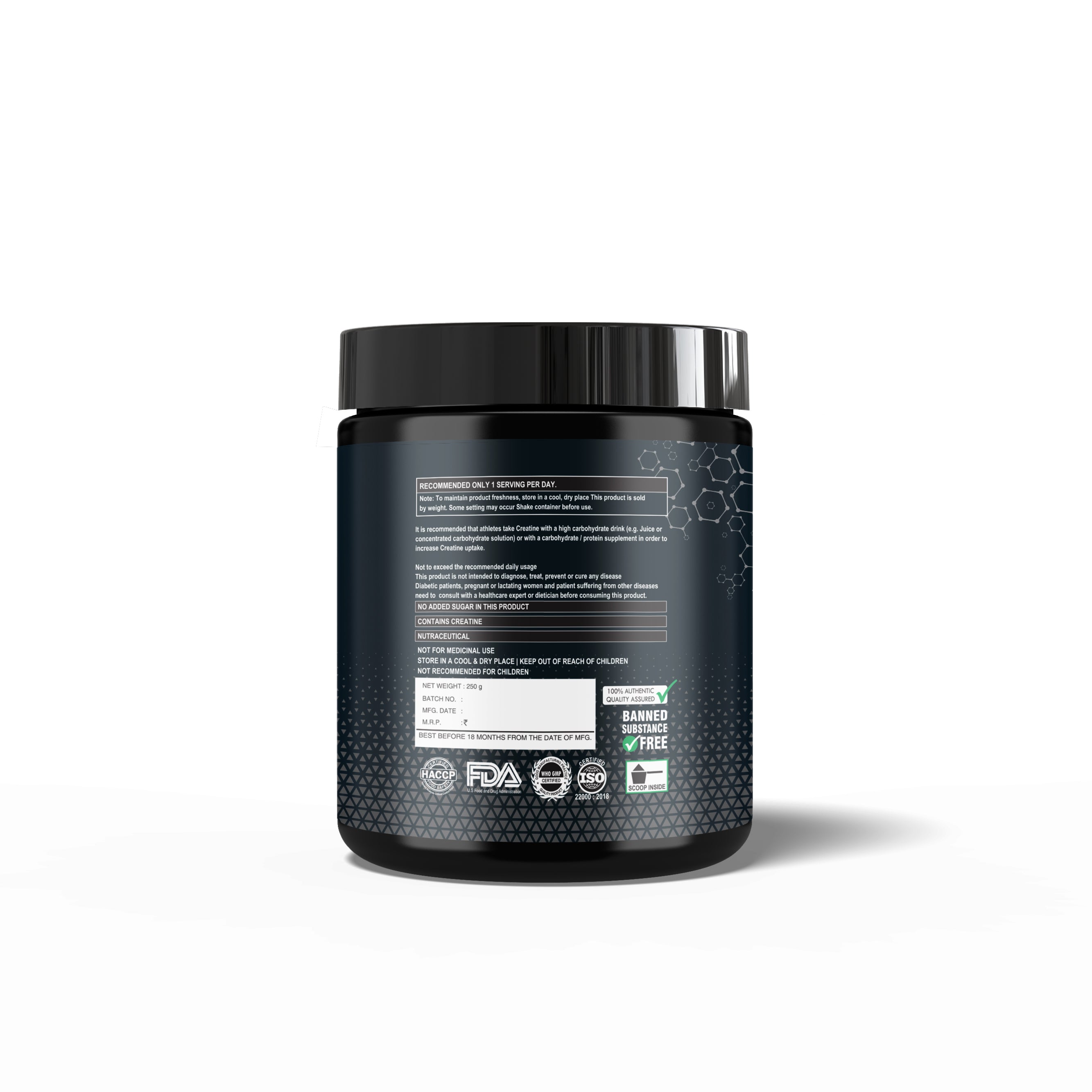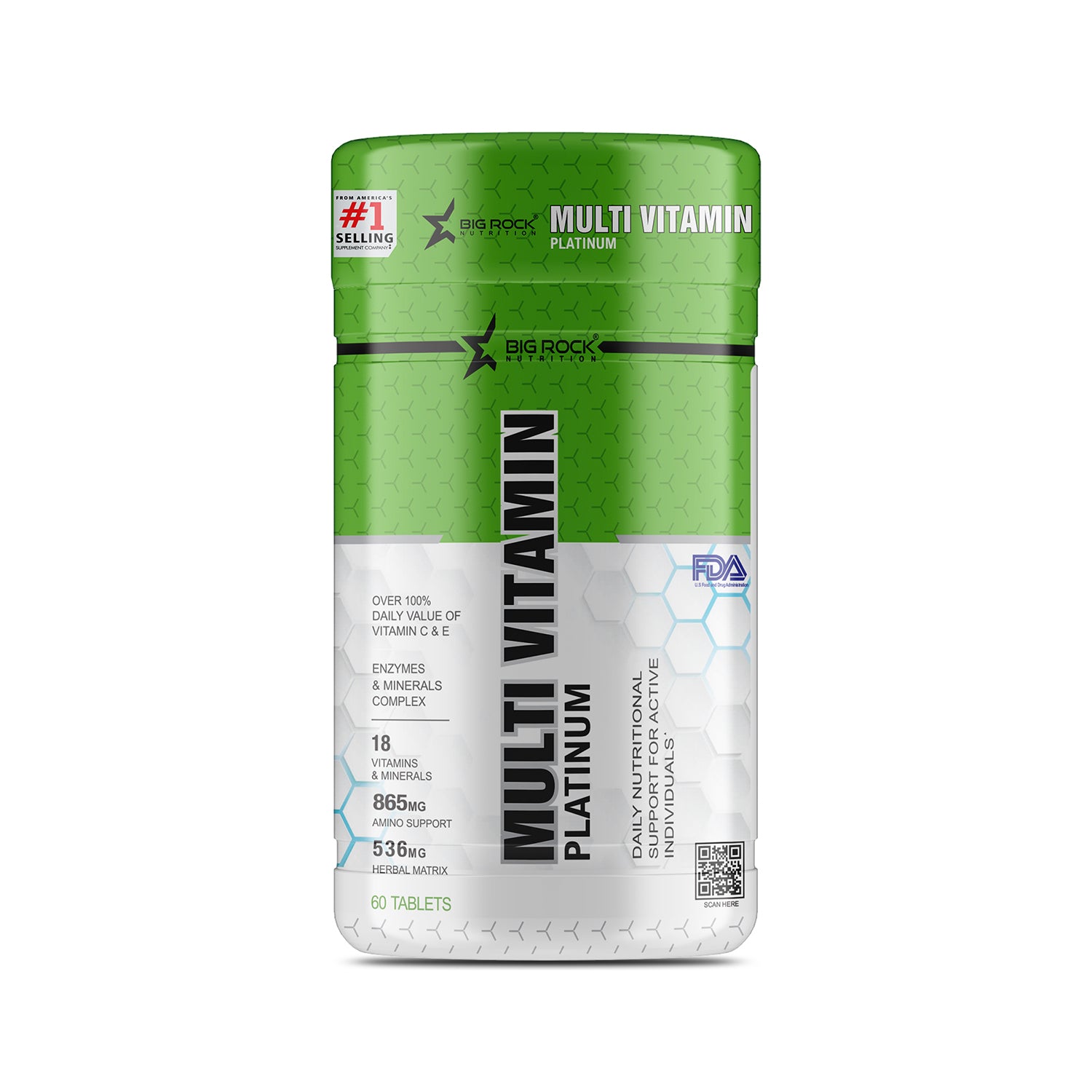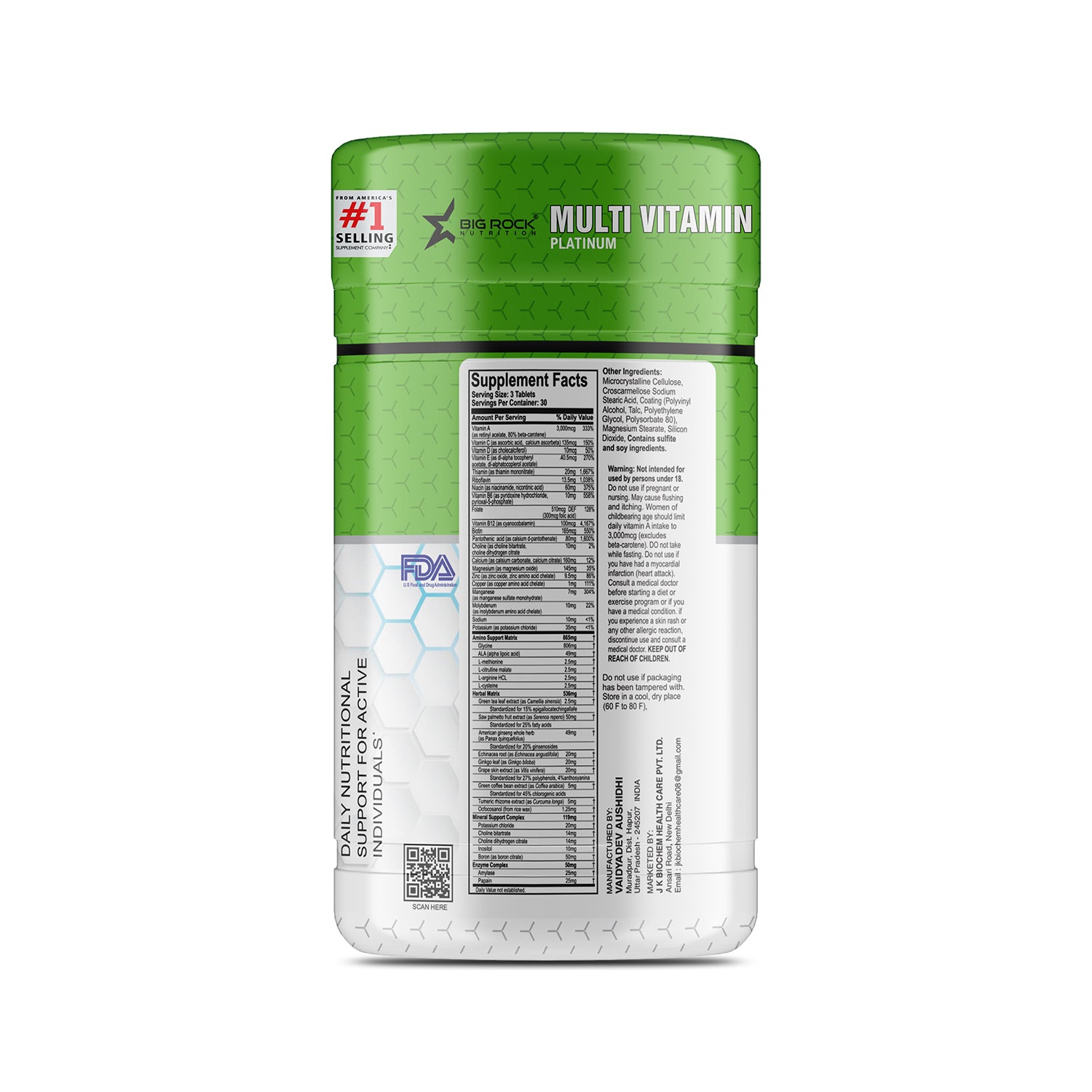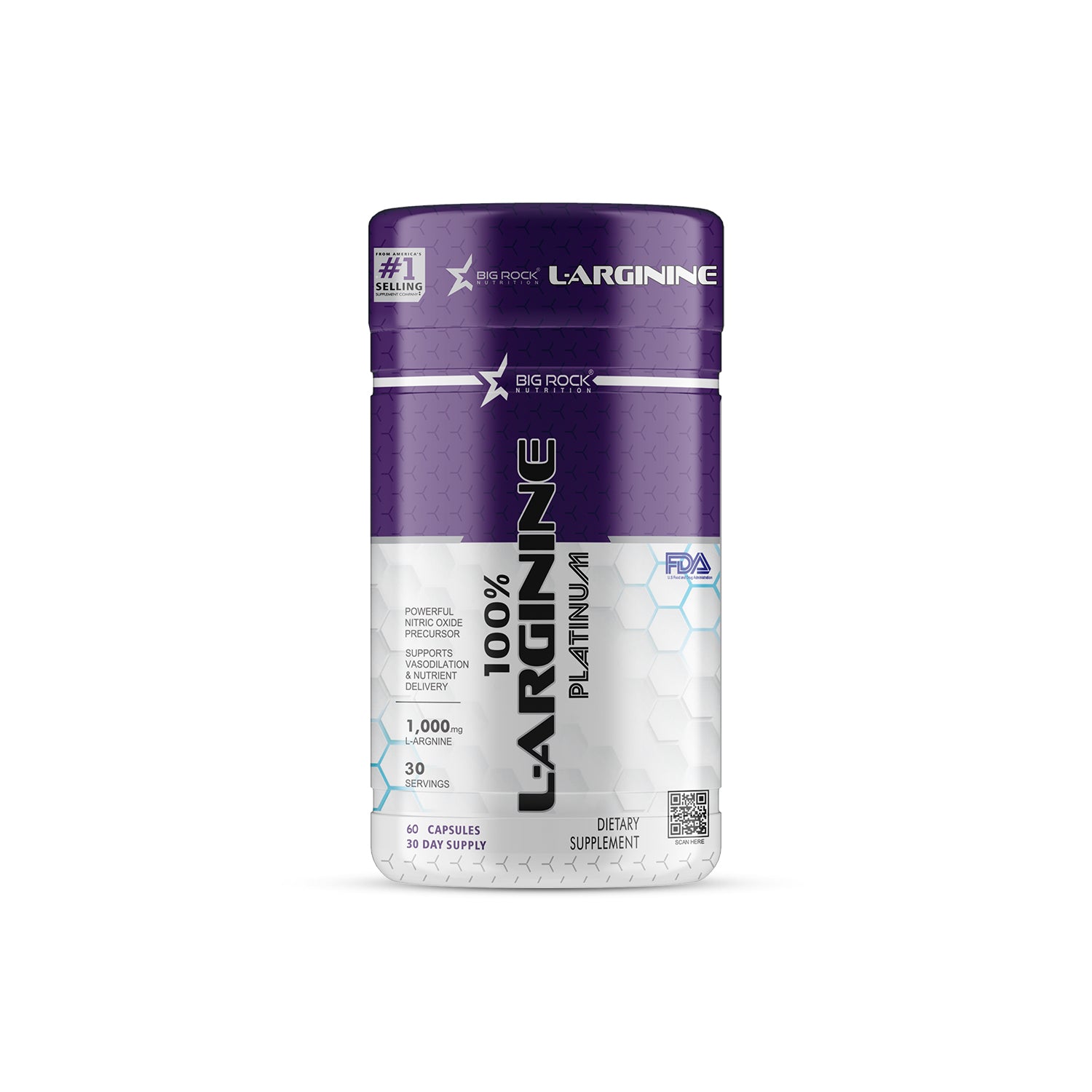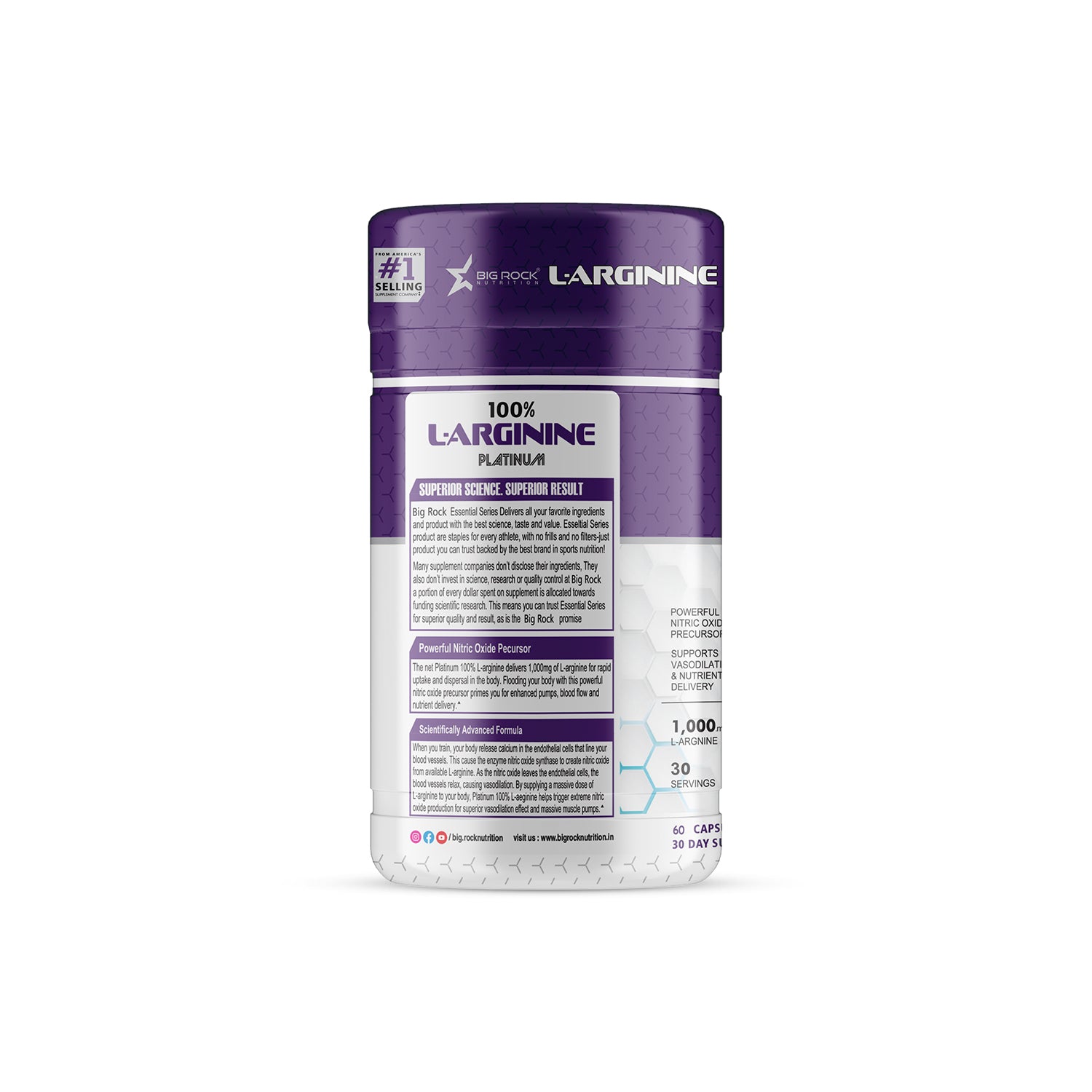Yes, both coffee and green tea can be beneficial for weight loss, but they work in slightly different ways. Here's how each can contribute to weight management:
Coffee:
-

Boosts Metabolism:
- Caffeine Content: Coffee is rich in caffeine, a natural stimulant that can increase your metabolic rate. Studies suggest that caffeine can boost metabolism by 3-11%, helping you burn more calories throughout the day.
- Thermogenesis: Caffeine promotes thermogenesis, the process by which your body generates heat and energy from digesting food, which can increase the number of calories you burn.
-
Appetite Suppression:
- Reduced Appetite: Some people experience a reduction in appetite after consuming coffee, which can help in reducing overall calorie intake. This effect is temporary but can be useful for controlling hunger between meals.
-
Enhanced Exercise Performance:
- Increased Fat Burning: Caffeine can improve physical performance by mobilizing fatty acids from fat tissues, making them available as a source of energy. This can enhance fat burning, especially during exercise.
- Longer Workouts: The energy boost from coffee can help you work out longer and more intensely, further contributing to calorie burn and weight loss.
Green Tea:
-
Rich in Antioxidants:
- Catechins: Green tea contains catechins, particularly epigallocatechin gallate (EGCG), a powerful antioxidant that has been shown to boost metabolism and enhance fat burning, especially during exercise.
- Synergistic Effect with Caffeine: Although green tea contains less caffeine than coffee, the combination of caffeine and catechins in green tea has a synergistic effect, further increasing fat oxidation and calorie burning.
-
Fat Burning:
- Increased Fat Oxidation: Studies suggest that the catechins in green tea can increase fat oxidation, particularly in the abdominal area, making it effective for reducing belly fat.
- Improved Insulin Sensitivity: Green tea may help improve insulin sensitivity and glucose metabolism, which can aid in weight management, especially for those with insulin resistance or at risk of type 2 diabetes.
-
Appetite Regulation:
- Mild Appetite Suppressant: Like coffee, green tea can act as a mild appetite suppressant, helping to reduce overall calorie intake and prevent overeating.
-
Enhanced Exercise Performance:
- Fat Utilization: Green tea can increase the use of fat as a fuel during exercise, which not only supports weight loss but also improves endurance and workout performance.
Combining Coffee and Green Tea:
- Balanced Benefits: Incorporating both coffee and green tea into your diet can offer a balanced approach to weight loss, leveraging the benefits of caffeine from coffee and the catechins from green tea.
- Timing: Drinking coffee in the morning can provide an energy boost for the day ahead, while green tea can be consumed throughout the day to support metabolism and fat burning without the risk of consuming too much caffeine.
Considerations:
- Moderation: While both coffee and green tea can aid in weight loss, it's important to consume them in moderation. Too much caffeine can lead to side effects like jitteriness, anxiety, insomnia, and digestive issues.
- Unsweetened: For maximum weight loss benefits, it's best to consume coffee and green tea without added sugars or high-calorie creamers, which can negate the calorie-burning effects.
- Lifestyle Integration: Coffee and green tea should be part of a balanced diet and healthy lifestyle. They can complement a weight loss plan that includes a calorie-controlled diet and regular physical activity.
Conclusion:
Both coffee and green tea can support weight loss through increased metabolism, enhanced fat burning, and appetite regulation. They are most effective when consumed as part of a healthy, balanced diet and active lifestyle. As with any dietary strategy, individual responses can vary, so it's important to listen to your body and adjust your intake accordingly.






